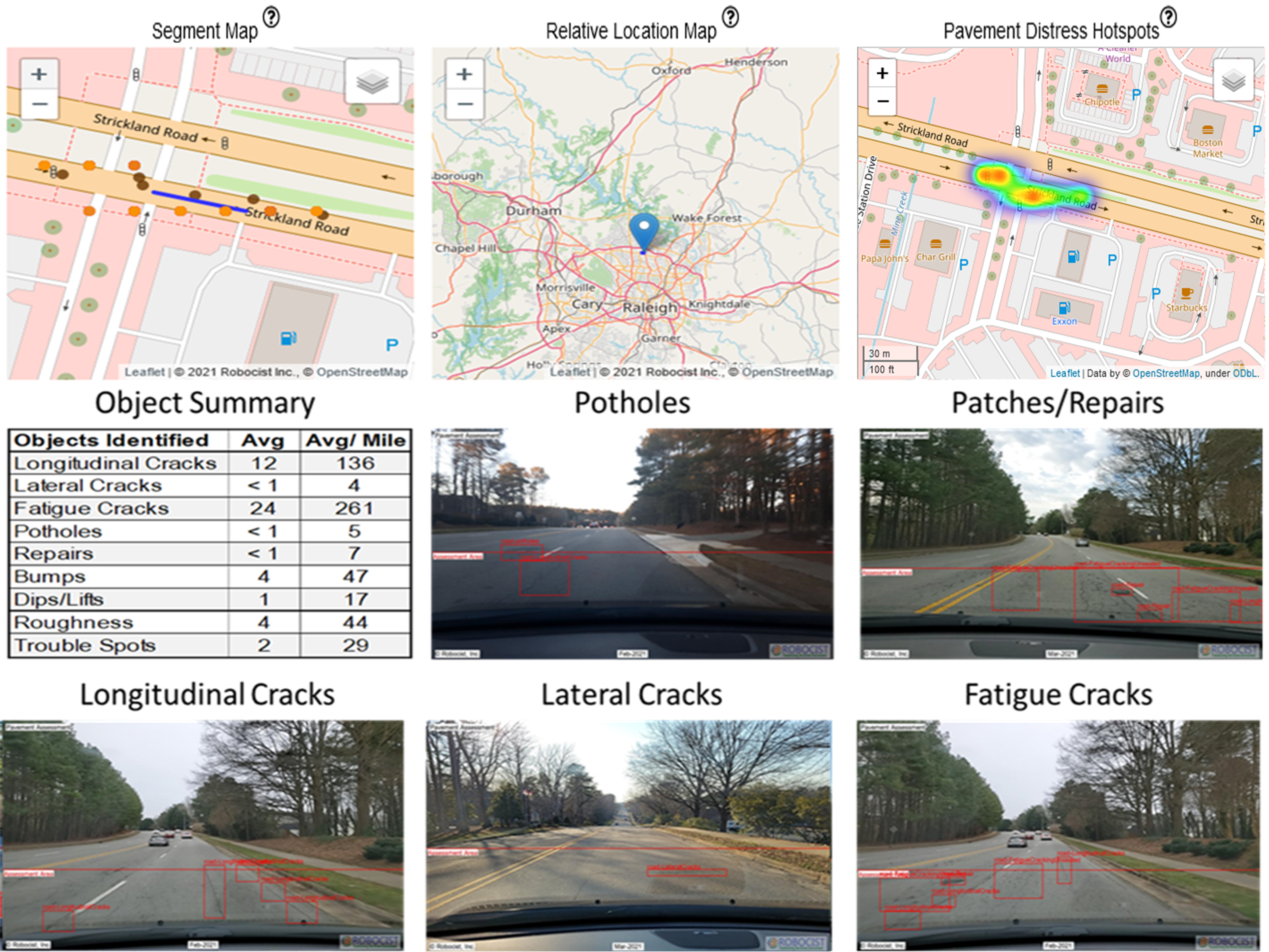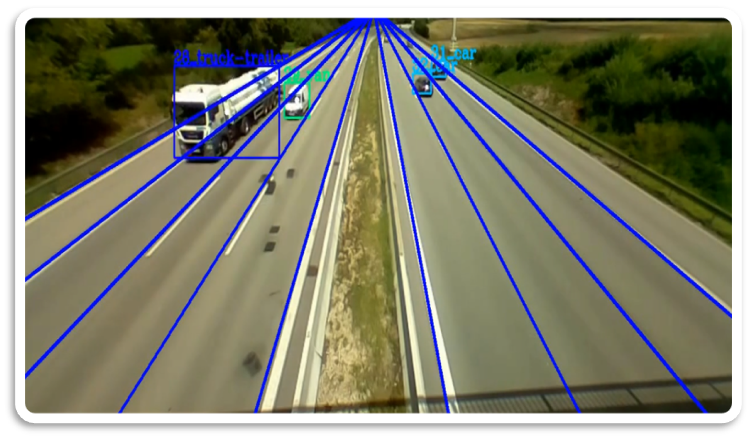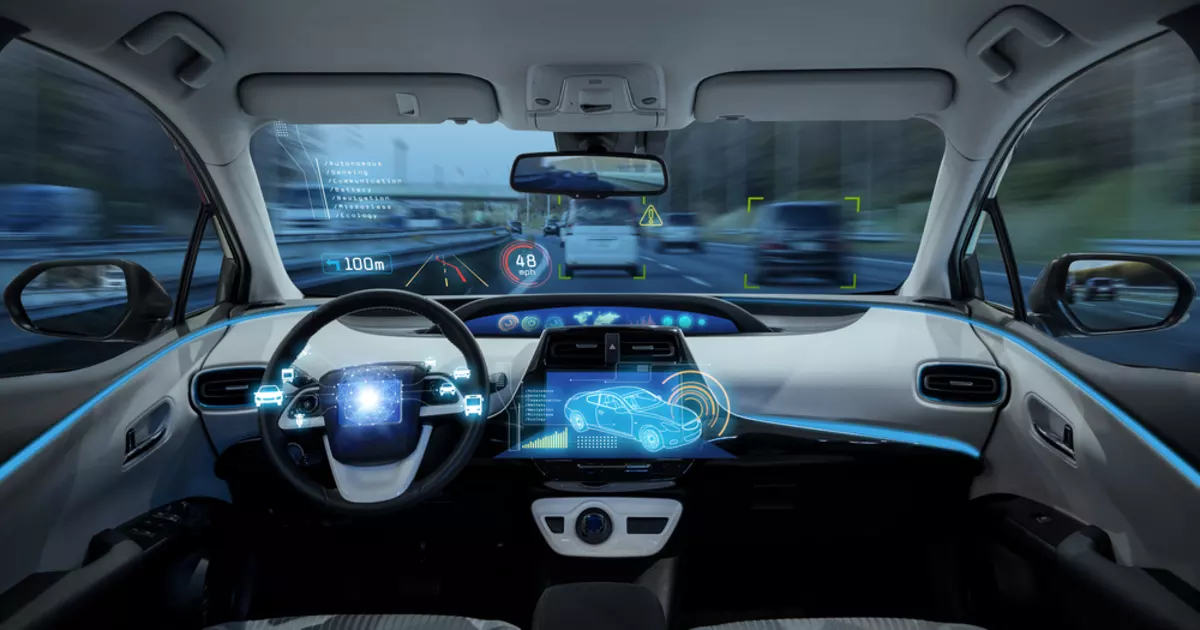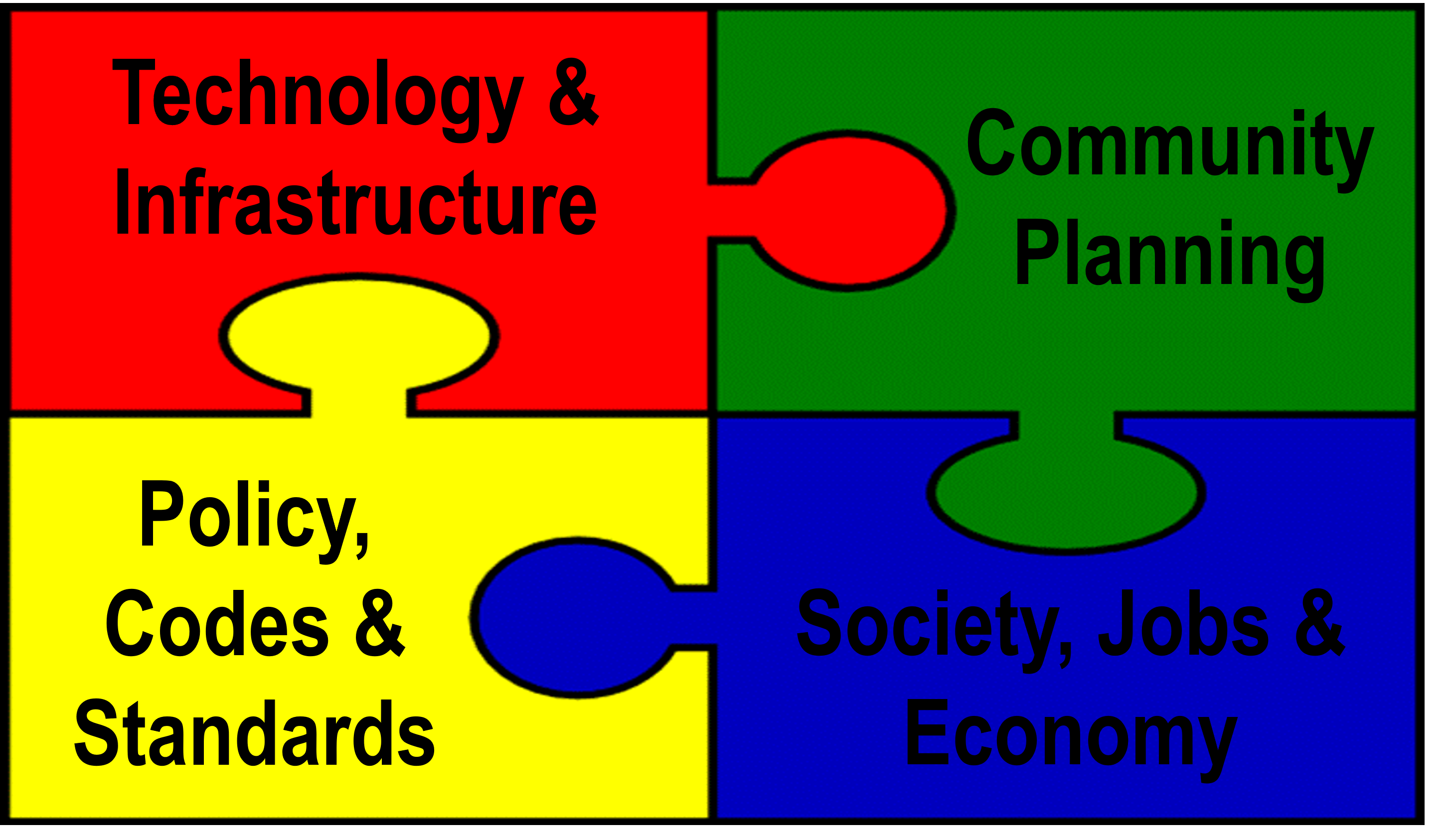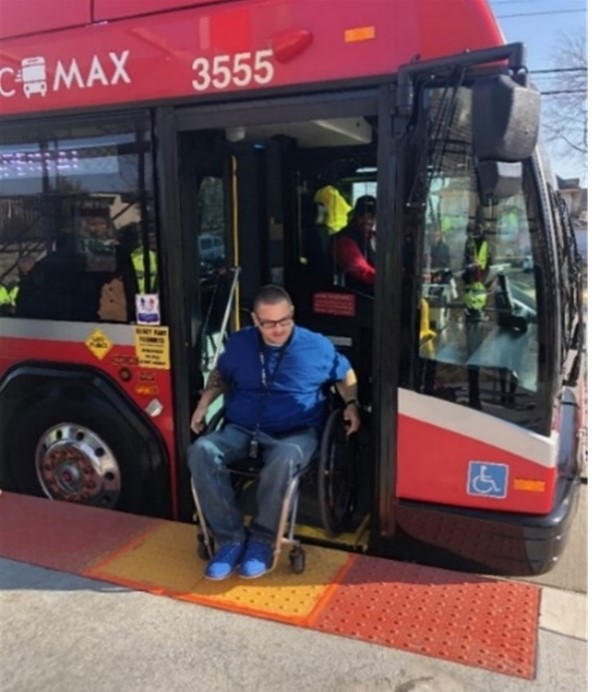Transportation Innovation
Where innovation meets the road
Where innovation meets the road
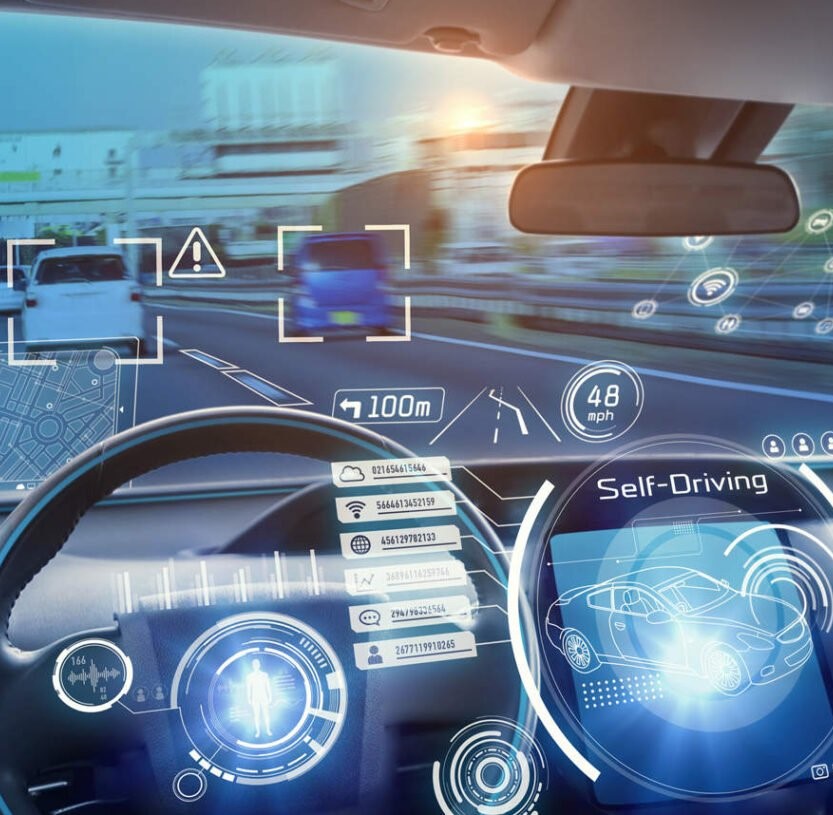
In the transportation sector, the integration of advanced technologies is pivotal for the development of efficient, safe, and intelligent systems. We take a multifaceted approach to the development, evaluation, and strategic planning of transportation technologies, ranging from vehicle cataloging and roadway assessment to autonomous vehicle deployment and tech scouting. Leveraging AI and advanced computing, accurate and reliable analysis supports informed decision-making in technology development, traffic management, urban planning, and infrastructure investment. Moreover, the strategic planning and business analysis components align technology advancements with market needs and competitive dynamics, helping stakeholders navigate the complexities of an evolving landscape.
